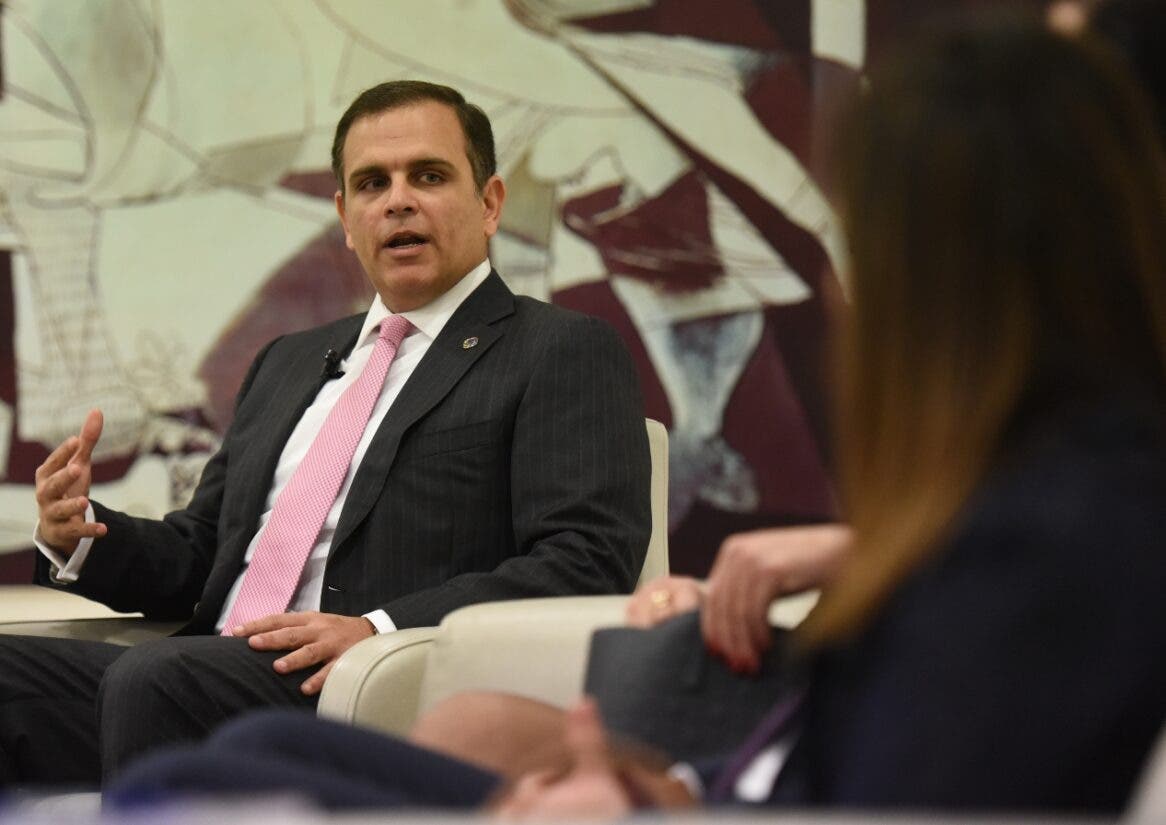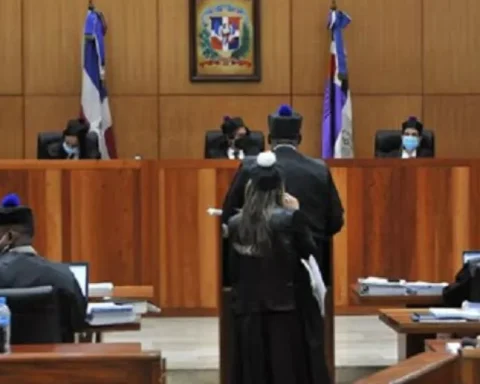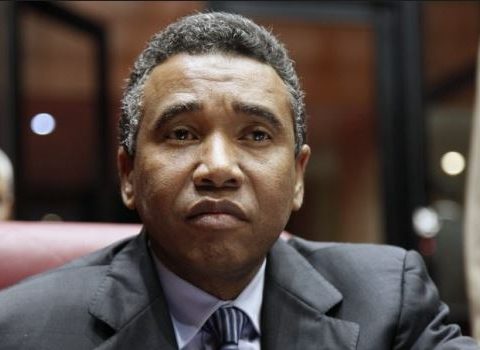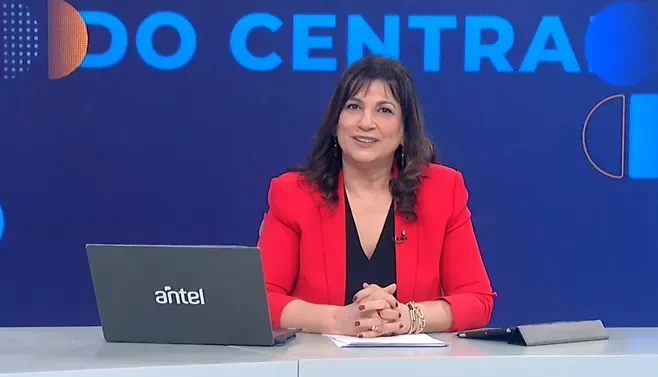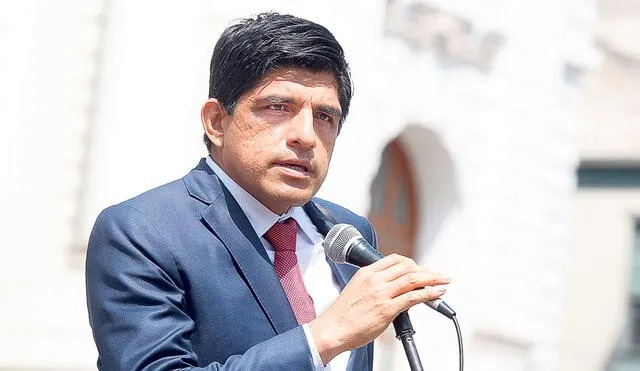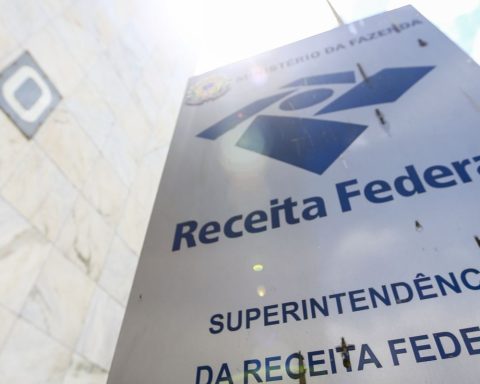Santo Domingo.-The Government is seeking to increase its revenues by around 1.7 percent of the Gross Domestic Product, equivalent to 120 billion pesos, with a tax reform that will be submitted to the National Congress in the coming weeks to begin its discussion in the legislative sphere.
Part of the central pillar of the project prepared by the government is the elimination of tax exemptions and the expansion of the base of the Tax on the Transfer of Industrialized Goods and Services (ITBIS).
As part of the tax reform, the government is planning to implement a plan to increase bureaucratic efficiency, with which it hopes to save the equivalent of 0.25 percent of the Gross Domestic Product.
In total, with the improvement in tax revenues and the more efficient government system, around 2 percent of GDP would be available to meet social demands, public investments and debt service.
The Government’s goal is to have 52.17 billion pesos available through this reform to invest in citizen security over the next four years, 176.338 billion pesos for the transportation system over the next five years, an additional 10.57 billion pesos for health, 5.679 billion pesos annually for social security, 178.966 billion pesos for water and sanitation over eight years, 22.233 billion pesos annually for the capitalization of the Central Bank, and 18 billion pesos for the electrical sector.
To offset the impact of tax increases, such as the expansion of the ITBIS base, the Government plans to increase the capita amount allocated to vulnerable sectors through the “Supérate” program.
Referring to the elimination of incentives for numerous sectors, the government has proposed as a “philosophy” of the reform that “two companies or taxpayers that obtain the same net profits should pay the same taxes.”
He points out that this reform must establish clear rules for all economic agents and pursue tax evasion.
The diagnosis of the Dominican fiscal situation indicates that there is a proliferation of various laws with incentives, generalized exemptions from VAT on products and services, preferential treatment for certain physical and professional sectors and the perception that all economic activity requires exemptions for its development.
The diagnosis also included low revenue from individuals and wealth tax, as well as high tax evasion and avoidance in general.
Figure
21 percent.
The government’s tax revenue is used to pay debt service.
Project will be presented before the end of 2024
Process. The Government has not yet set a date for presenting its tax reform project, but it has decided that the result of the reform must be reflected in the 2024 Budget because, to a large extent, many of the plans contemplated for the future depend on the additional resources that it may have available.
The economic team of Luis Abinader’s administration has been working for months on the project that will finally be presented to the National Congress, a scenario where it hopes to generate the discussions proper to a reform that on this occasion is intended to be profound and not patchy, as in the past.
The project is expected to be presented later this month.
